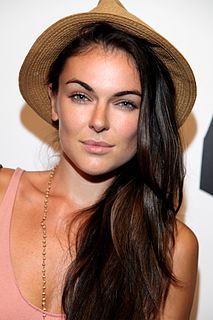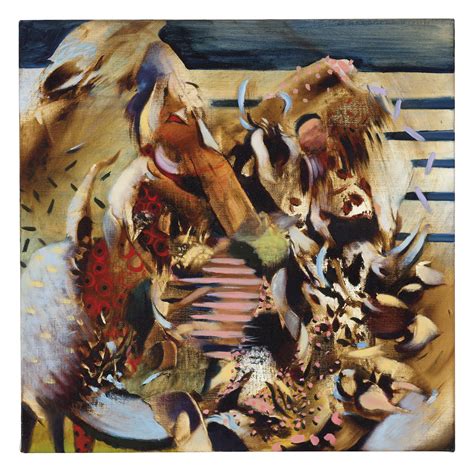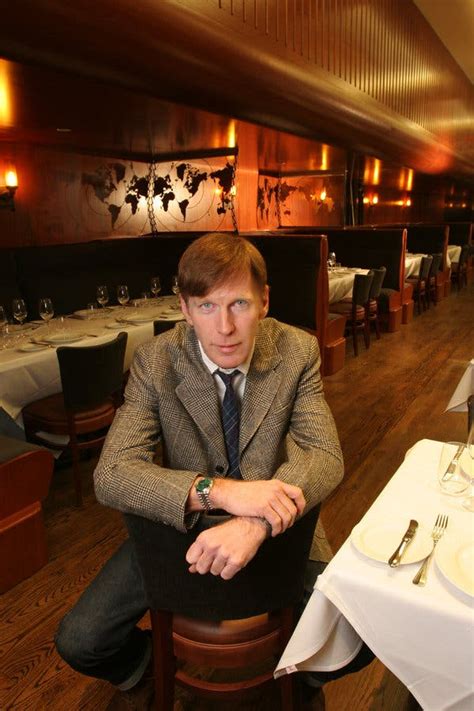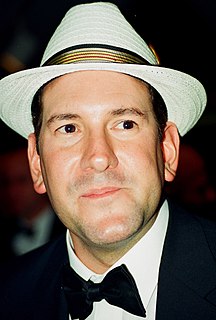A Quote by Marisha Pessl
I hate to think of a day where a compelling book or a compelling authorial voice would be lost simply because that person doesn't have a Web site. But I think that, to use the Internet in a positive way, to turn people on to reading, is something that authors shouldn't really shy away from necessarily.
Related Quotes
There are authors like David Foster Wallace or Raymond Chandler - with voice-based authors I might end up a completist, because what I love about them isn't just the particular construction of one novel or another but their flavor. There is an Austrian writer, Thomas Bernhard, as well. One book is not necessarily greater than another book, but they just have this incredible, unique voice, so it doesn't really matter which one you read.
Think about the way you go surfing on the Internet - you go from one thing to another. You can't really concentrate. I can't sit and read 10 pages on my computer. You'll read and then all of a sudden part of your brain is like, "What about that? ...You're not reading the whole book. You're reading fragments. Even though I think it's bad, I think it's interesting too, because that's the way my brain works.
Book culture has also become something that's kind of incredible to younger people now, because of the Internet. If you go to any of the book fairs - PS1 or the MOCA Book Fair - none of the people are over the age of 40 years old there, and they trade and buy books, because they're almost antiquities at this point. They're not really important, in a way, because the Internet is how information is taken in.
People tend to think of the web as a way to get information or perhaps as a place to carry out ecommerce. But really, the web is about accessing applications. Think of each website as an application, and every single click, every single interaction with that site, is an opportunity to be on the very latest version of that application.
I think we're always trying to avoid tropes. And I think that "Game of Thrones" has almost made killing people a cliche. For us, it wasn't about that. For six episodes, it's hard to invest in people, and I think when you kill a main character on television it really needs to mean something. So we certainly had talked about that, and I think we managed to juggle the ball to make a gripping, interesting and compelling finale. We feel that we didn't have to go there at this point because we had such few episodes.





































